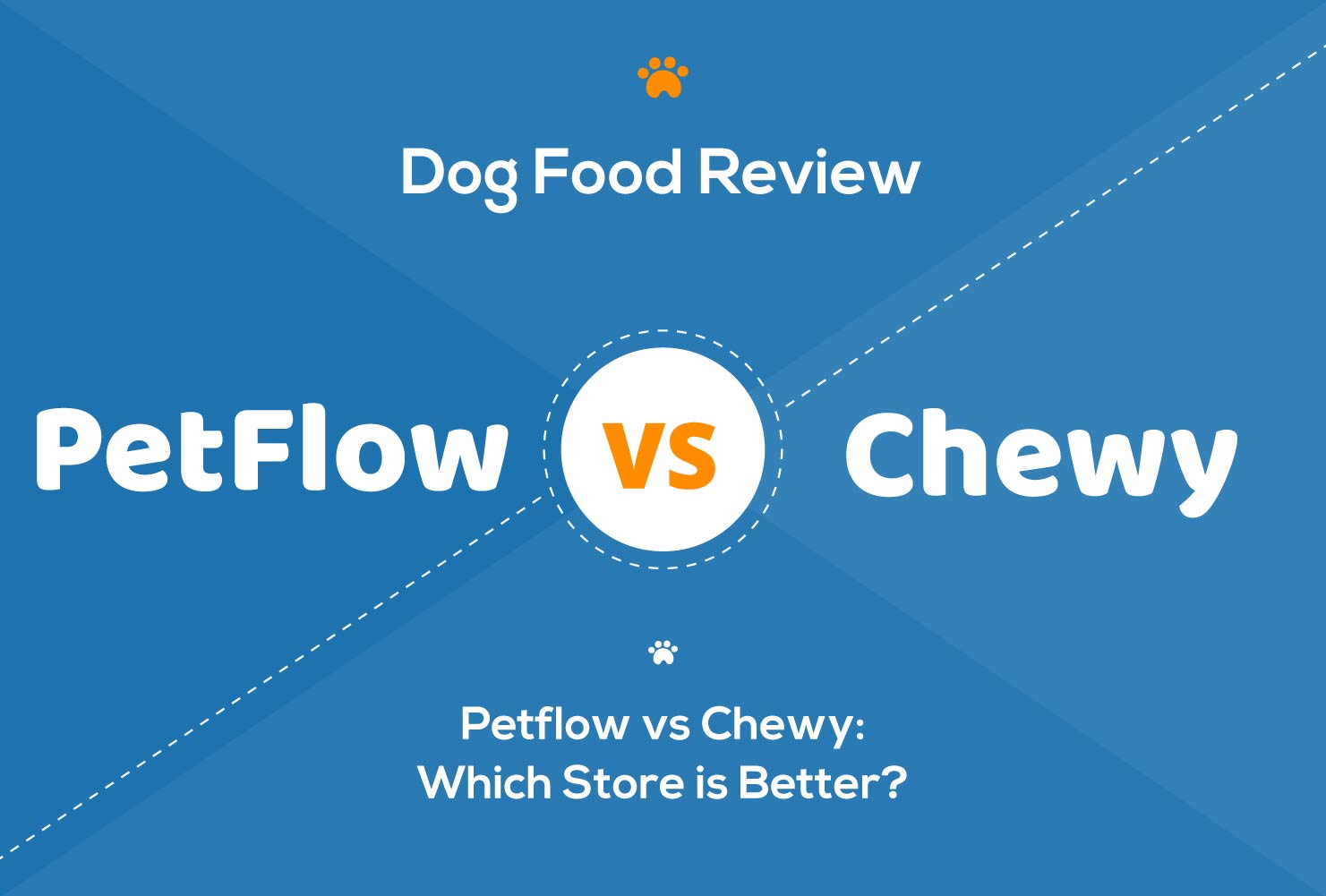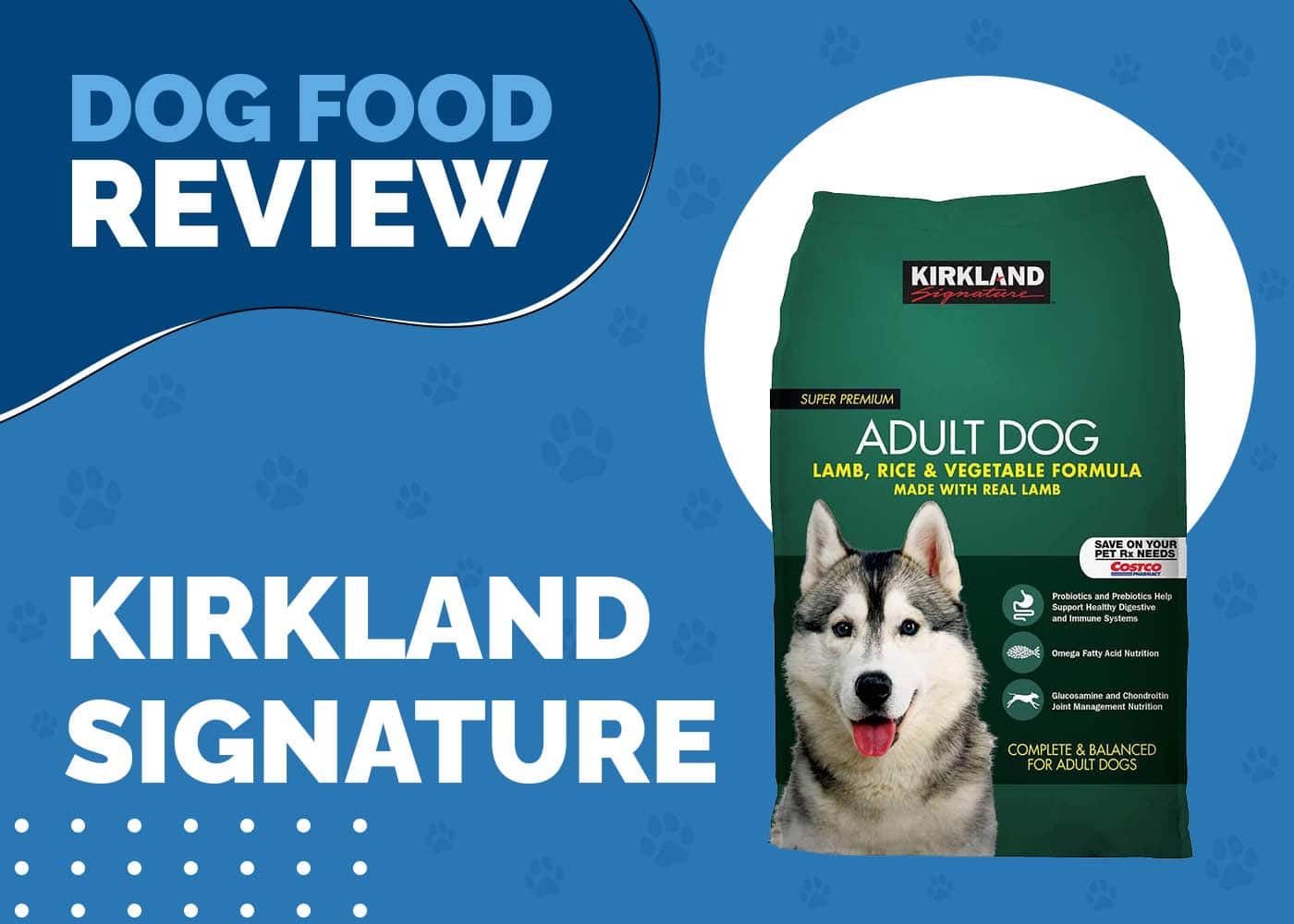Can Dogs Have Almond Milk? Vet-Reviewed Risks, Facts & Tips
Updated on
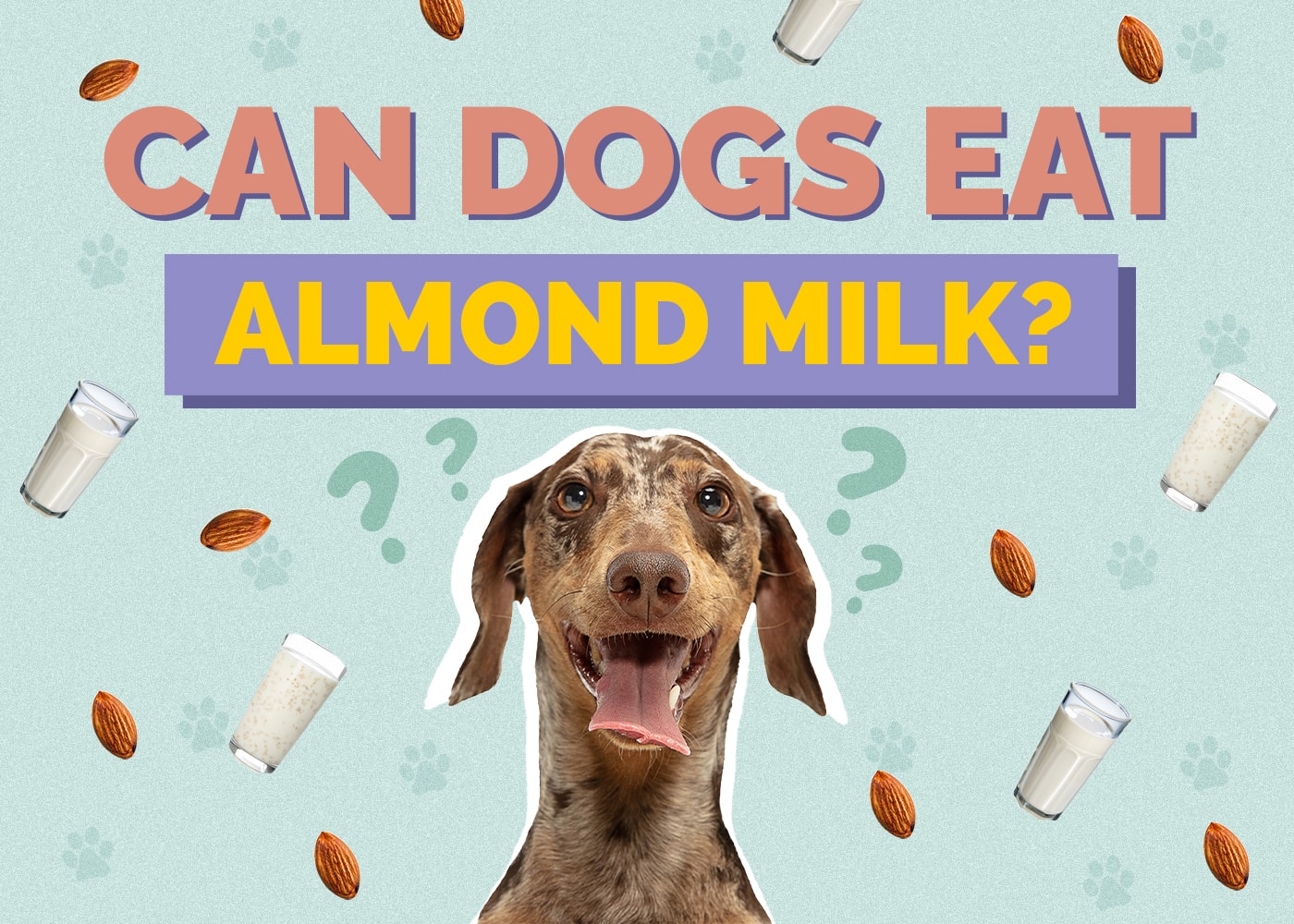
Click to Skip Ahead
Almond milk holds nutritional value and is an excellent alternative for those who are lactose intolerant. It’s low in calories and provides essential vitamins, minerals, protein, and calcium. Given the health benefits for humans, what about dogs? Can dogs have almond milk?
The answer is yes, dogs can have almond milk. However, let’s explore this topic further to understand how often you can let your pooch drink almond milk.
What Is Almond Milk?
Almond milk, also known as plant-based milk, is a dairy-free alternative that provides essential nutrients. It’s made by blending almonds with water and then removing the solids by straining the mixture. It has a nutty flavor with a creamy texture, and you can buy it in almost any local supermarket. Commercial almond milk is available in different flavors and brands, and you can buy it with or without added sugar.

Can Dogs Drink Almond Milk?
Almond milk is non-toxic to dogs, so yes, they can drink it, but only in limited quantities. Dogs do not require the nutrition that comes from almond milk, and it should never replace water for your dog.
Dogs may love the nutty flavor of almond milk, and it can be a safe treat for dogs to have on occasion. While almond milk is typically low in calories, it still provides your dog with extra, unnecessary calories and fat, both of which can lead to obesity if given too much.
Almond milk has less fat than whole cow’s milk and the fat is unsaturated. However, the fat content can still cause digestive issues such as vomiting and diarrhea in our pups.
If you let your dog drink a little almond milk, ensure it is unsweetened, as added sugar offers no nutritional benefits and can contribute to obesity. Up to 65% of canines are considered overweight or obese in the United States, and if your dog is on a strict diet, you should avoid giving your dog almond milk.
What Should I Avoid in Almond Milk for My Dog?
We’ve mentioned that commercial almond milk may have added sugar or sweeteners, and the most concerning sweetener to look out for is xylitol. Xylitol is extremely toxic to dogs and should be avoided at all costs. This sugar substitute can be found in numerous products, such as peanut butter and other common products. If you suspect your dog has consumed xylitol, contact an emergency vet or Pet Poison Helpline immediately.
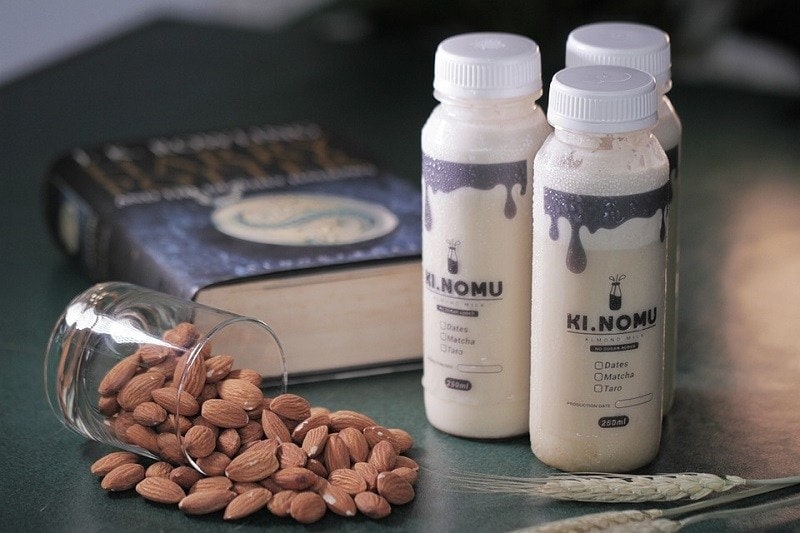
Can Dogs Drink Soy Milk?
Soy milk is also non-toxic to dogs and is similar to almond milk in that it is a plant-based, dairy-free alternative. Soy milk is made from soybeans, and as long as your dog doesn’t have an allergy to soy, you can let him take a sip every now and then. However, soy milk is high in calories and fat, so you definitely should only give it in moderation.
Tips for a Healthy Canine Diet
All dog parents have experienced their dogs looking at them with envy (and maybe even a little drool) while eating, but giving your dog too many table scraps can lead to health issues, such as obesity, which can even lead to diabetes.
To keep your beloved pooch healthy and at an ideal weight, he’ll need a complete and balanced dog food that provides all the essential nutrients canines require. Dogs require a balanced diet of protein, carbohydrates, fats, vitamins, minerals, and water. The dog food should be approved by AAFCO to ensure it adheres to its nutritional standards (which should be visible on the label) and be free from fillers and artificial flavors or preservatives.
Sure, you can give your dog extra treats or the occasional table scraps (and almond milk on occasion!), but you should limit extra treats and goodies to account for only 10% (preferably less) of your dog’s daily diet.
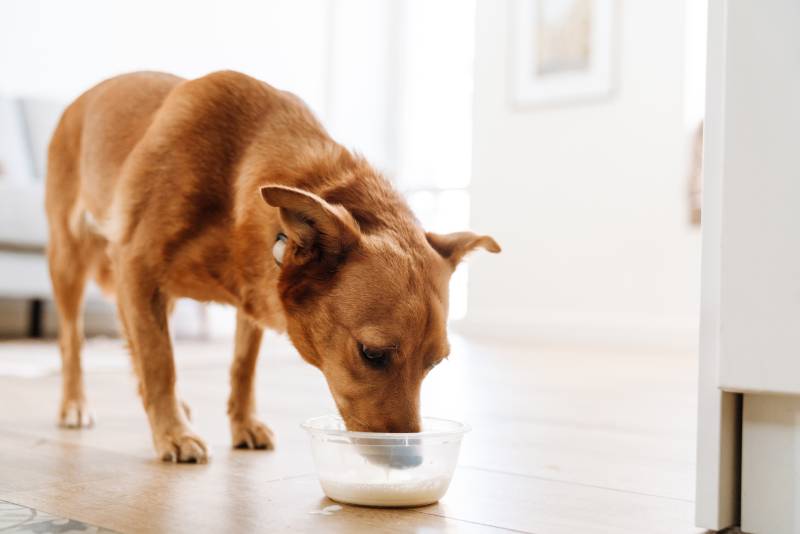
Final Thoughts
Dogs can safely drink almond milk from time to time, as it is non-toxic to dogs. However, if you decide to let your pooch have almond milk on occasion, ensure it does not contain xylitol, which is extremely toxic to dogs.
Remember that almond milk or any other liquid should not substitute your dog’s water, and if you let him drink a little soy milk, look out for possible allergic reactions, such as itchy skin, paws, or ears, and gastrointestinal issues, as some dogs may be allergic to soy.
See also:
Featured Image Credit: LookerStudio, Shutterstock





